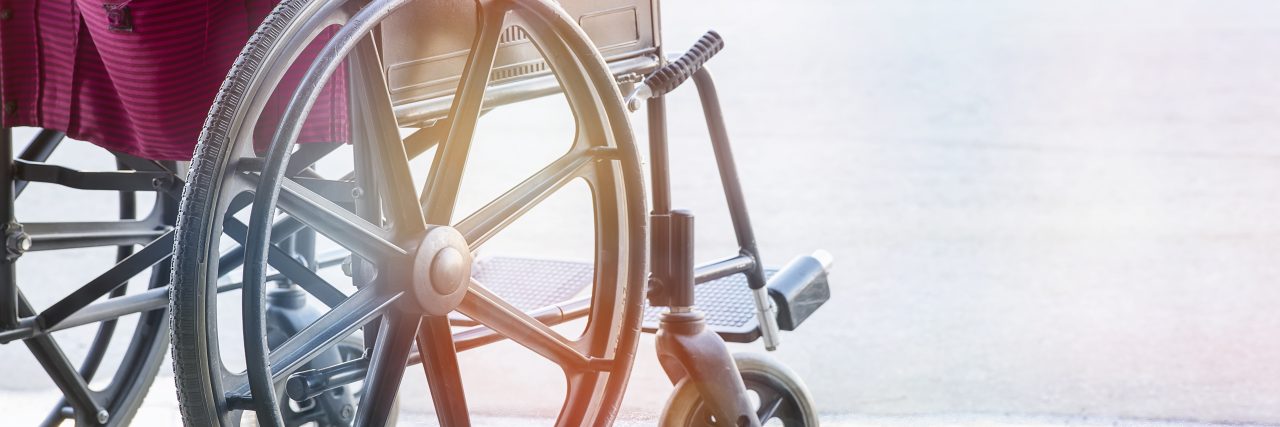A couple weeks ago, I was reading “The Pretty One” by Keah Brown, who, like me, has cerebral palsy. In it, she reflects on society’s unwillingness to see disabled people as equals. Brown asserts that the Christian message of healing has ableist implications. Instead of accepting us as we are, saying we need to be healed is another way society others disabled people. Taken to an extreme, the belief that we will experience healing in Heaven justifies murdering us. This was a very different perspective than the one I have. Since reading “The Pretty One,” I have been musing over why that is.
Growing up, I was heavily influenced by the ideas of Joni Eareckson Tada. A quadriplegic whose non-profit reaches out to disabled people around the world, she advocates for the rights and protections of disabled people. She was present when the ADA was signed into law. Tada is frank about her physical, emotional, and spiritual struggles. She often speaks about the hope of Heaven and the healing she believes she will receive there.
Unlike Brown, Tada and I see ourselves as suffering. When I am in more pain than usual, or frustrated with the limits of what I can do, I appreciate sympathy. I don’t see this as different from how people respond when someone close to me has died or I am in another difficult situation.
Tada is not the only reason I have this perspective. My denomination, the Church of the Nazarene, started as a mission to the homeless in Los Angeles. Relieving the suffering of those in need has always been an integral part of our identity. In the United States and abroad, we seek to provide relief to people through things like education and vocational training. Compassion does not other them; it is a process of understanding their true needs and equipping them with tools to better themselves. For Nazarenes, recognizing suffering has no connotations of inferiority.
My hopes for how disability will be viewed are as complex as my feelings towards “The Pretty One.” Like Brown, I want better disability representation in the media and accessibility. I want a college education to be an option for more disabled people. I want more career options. I also want cures and healings. I want sympathy and hope when that does not happen.
The desire to see suffering end is not in and of itself prejudiced against those suffering. But it needs to be mixed with patience and humility to understand what people need most. And, it must always allow people to express that for themselves.
Getty image by Nathaphat.

